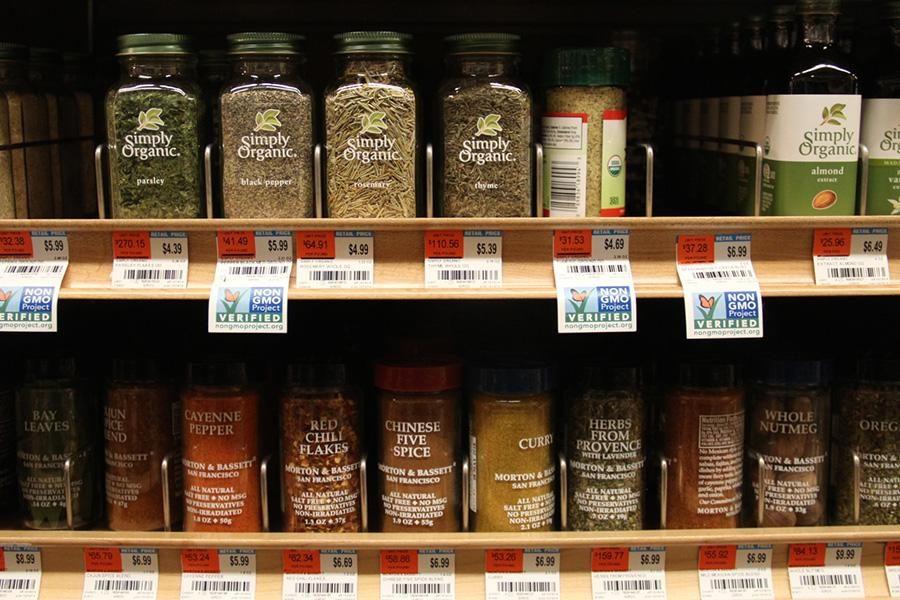Stock up on these kitchen essentials for college cooking
February 10, 2015
One of the hardest parts of cooking in college is learning to live without many of the staples you were used to having in your home kitchen. Luckily, it does not take much time or money to put together a well-stocked pantry that can easily help you make all kinds of meals.
Pasta
Carbs are the backbone of any college student’s diet, and keeping dried pasta on hand means you are never more than 15 minutes from a filling meal. Pasta is also cheap enough that you can buy the nicer brands without breaking the bank. Try checking out some of the stores in Little Italy, such as Di Palo’s Fine Foods, to find the authentic stuff. Spaghetti is a classic, but make sure you have some smaller shapes like penne or farfalle on hand as well. They are perfect for adding to soup or making mac and cheese.
Oil and Vinegar
This pair is good for much more than just salad dressing. When stocking up, think about the kind of cooking you do the most. If you like making stir-fry, try stopping at an Asian grocery store and picking up a bottle each of sesame oil and rice wine vinegar. If you want to make Italian food, it will be almost impossible to do so without olive oil and balsamic vinegar. Just remember: there is no need to buy the expensive extra virgin variety of olive oil if you will be cooking with it, and real balsamic should not have any additional ingredients like caramel color.
Spices
Spices are an important part of any kitchen, but there is no need to go crazy buying too many kinds. Start by making a list of the three spices you think you will use the most — for example, cumin, cinnamon and red pepper flakes. Be warned that spices do not last forever, so you will have a better chance of getting fresh ones if you skip the corner bodega and shop at a larger store that restocks its shelves often.
Aromatics
These are ingredients like garlic, ginger and herbs that can take your cooking to the next level. Some are available dried in the same section of the store as the spices, but that is not the only option. Next time you are in the frozen aisle of your favorite grocery store, look beyond the ice cream. They might sell small cubes of crushed garlic or herbs that can simply be defrosted and stirred into whatever you are cooking.These longer lasting alternatives are perfect for students who do not cook frequently.
Salt and Pepper
This one almost seems too obvious to list, but think of it as a friendly reminder: no kitchen should ever be without salt and pepper. This dynamic duo is also a great place for a small upgrade. Consider buying kosher or sea salt, which has fewer additives and a cleaner flavor, and invest in a pepper grinder if you do not have one already. Your food will
thank you.
A version of this article appeared in the Tuesday, Feb. 10th print edition. Email Kendall at [email protected].



























































































































































